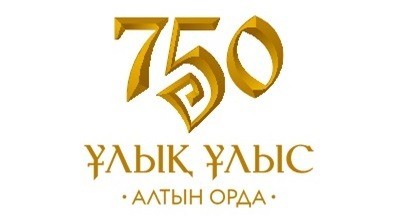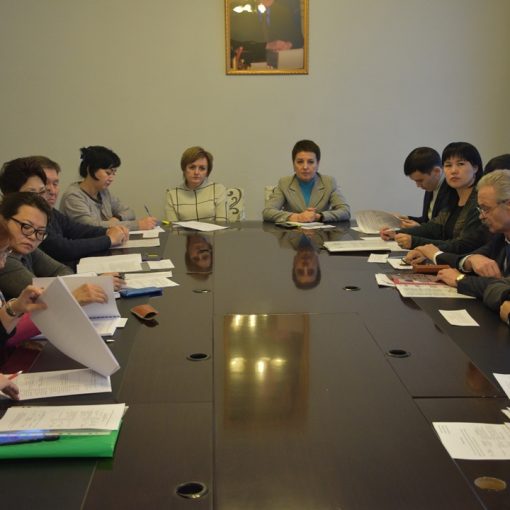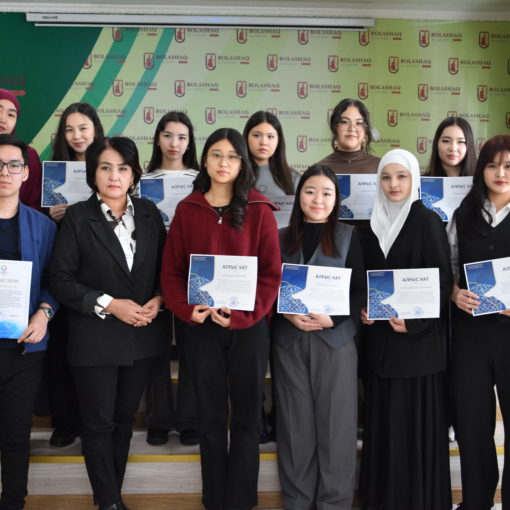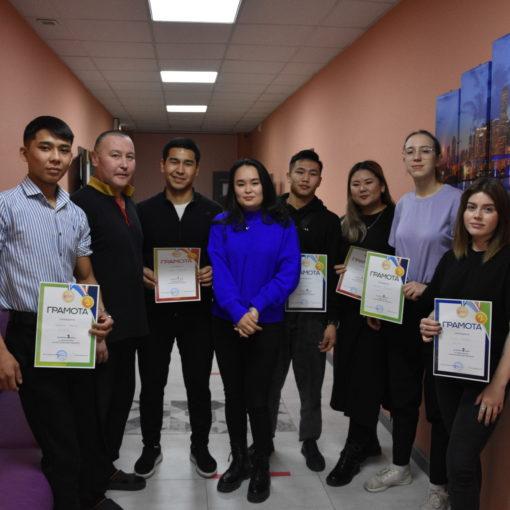September 24, 2020 Institute of History and Ethnology named after Valikhanov with the support of the Ministry of Culture and Sports of the RK and the Akimat of Karaganda region held the Republican scientific-practical online conference “From Altyn Orda to the Kazakh Khanate: problems of continuity of the tradition of statehood” dedicated to the celebration of the 750th anniversary of “Ulyk Ulys” (Golden Horde).
The aim of the conference is a scientific understanding of the history of direct succession and the relationship between the Golden Horde and the Kazakh Khanate.

The online conference was attended by Candidate of Jurisprudence, Associate Professor, Head of the Department of Legal Disciplines Kabzhanov Akylbek Taybulatovich.
Chairman of the Committee of Science of the Ministry of Education and Science of the Republic of Kazakhstan Zh.D. Kurmangalieva, Vice-Minister of the Ministry of Culture and Sports U.S. Bisakaev, President of the National Academy of Sciences of the Republic of Kazakhstan M.Z. Zhurinov, Deputy Akim of Karaganda region A.N. Nukenov and Chairman of the public fund “Kenesary Khan” A.M. Mukhtarkhan made welcome speeches.
All speakers welcomed the conference participants, stressed the importance and principle of studying the rich heritage of Altyn Orda and its popularization in a patriotic way among the young, growing generation of Kazakhstanis.



Celebrating the 750th anniversary of Altyn Orda has an important cultural and civilization significance in the context of the formation of self-awareness and national identity of citizens of sovereign Kazakhstan. It is known that most of the Altyn Orda lands were located on the territory of modern Kazakhstan. A large part of the Altyn Orda troops consisted of Turkic tribes, which later became part of the Kazakh people. It is on the territory of our country that many burials of the rulers of this period were preserved, including the Dzhuchi Khan himself. In Sarachik, there are buried a number of khans and sultans of both Altyn Orda and Kazakh khanate. The longest functioning power of the Chingizids was on the territory of the Great Steppe. The descendants of Dzhuchi khan also remained most of all on the territory of the center of Eurasia. 750 years ago, on the bank of the Talas River, which is also on the territory of modern Kazakhstan, a large kurultai of Genghisids, Turkic-Mongolian nobility from the uluses of Dzhuchi, Chagatai and Ugedei, where the rulers of these uluses declared their independence from Kubilai, who was considered the supreme ruler of all Mongol conquests.
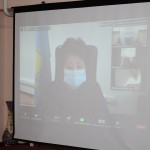


Altyn Orda has a very direct relation to our national history: it is this state that has become a key link in the millennia-old tradition of statehood that emerged and continued on the territory of Kazakhstan. Kazakh khans are direct descendants of Dzhuchi Khan, whose descendants created a Eurasian power called Altyn Orda. It is the Kazakh steppe that for centuries has been the guardian of the traditions and phenomena of Golden Horde statehood and civilization. The destinies and the role of Eurasian peoples were determined by the history of the royal family of the Genghisid dynasty, which later played a dominant role in the history of formation of statehood in Kazakhstan.
The moderator of the conference was the Director of the Institute, Doctor of Science, Professor Z.E. Kaboldinov. Welcome addresses were read out on behalf of the Director of the Central Archive of Kazakhstan A.J. Karymsakov, Director of the Institute of Philosophy, Political Science and Religious Studies, Doctor of Philosophy, Professor A.K. Bizhanov.
The conference participants came to the conclusion that it is necessary to organize work on the fundamental work on political, socio-cultural, economic and military history of Ulus Dzhuchi. It is also not enough to recognize the issues of international politics history of Ulus Dzhucea, especially in the light of newly identified sources. The problems of sedentarization (nomadic settling), which have long historical roots, also need to be reviewed and re-evaluated. The conclusions about the legitimacy of the hypothesis of direct succession of the Kazakh Khanate as the heir to the rich and distinctive culture of the Golden Horde, which usually included folklore legends, are important.
During this conference important theoretical and practical problems of fundamental nature and significance for filling the “white spots” of the national and world history of the late Middle Ages were discussed.
The event was reflected in the national media:
https://www.kazpravda.kz/fresh/view/osmislenie-istorii http://iie.kz/?p=11085&lang=ru

